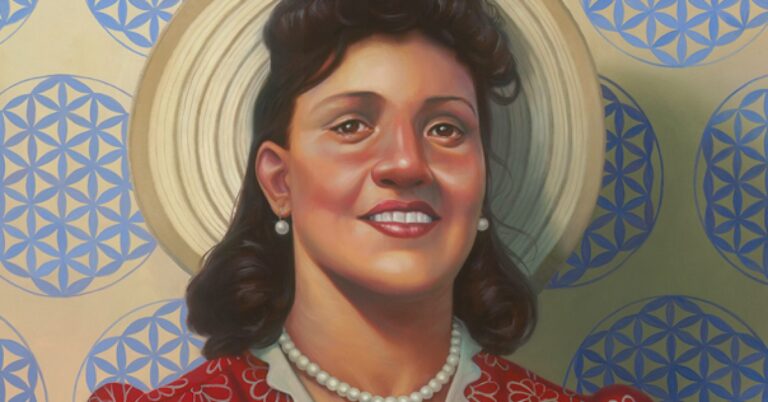
The Story of Henrietta Lacks
In 1951, at the age of 31, Henrietta Lacks was diagnosed with cervical cancer at Johns Hopkins Hospital. During a biopsy, this young mother’s cells were taken without her knowledge or consent, which eventually established a cell line known as HeLa cells. Many regard HeLa cells to be one of the most important scientific tools. This was due to a special ability they possess. Unlike other cells, Henrietta Lacks’ cells could survive and proliferate outside of the human body. This made them invaluable in scientific research. HeLa cells were used to develop the polio vaccine and are used today in genetics, cancer, and viral research. However, the erasure of the woman who HeLa cells came from is an action that cannot continue. The injustices committed cannot be pushed aside due to the benefits this cell line has provided. This is the story of Henrietta Lacks and what that story means in terms of ethics.
Henrietta Lacks was a black woman who was born on August 1, 1920, in Roanoke, Virginia. As we know, in 1951, at the age of 31, she was diagnosed with cervical cancer. A biopsy of her tumor was taken on January 29, 1951. Her cells were sent to Dr. George Gey, a cancer researcher, to whom all samples of cervical cells taken at Johns Hopkins went. Dr. Gey noticed that, unlike other samples, Henrietta’s cells multiplied and survived outside her body. These cells became known as HeLa cells and were used in research. Henrietta sadly passed away on October 4, 1951. Until the 1970s, the origin of HeLa cells were unknown. In fact, to keep the media from realizing Henrietta’s true identity George Gey created the pseudonym Helen Lane for the cells.
Henrietta’s story had largely been unfollowed until the publication of “The Immortal Life of Henrietta Lacks” in 2010 by Rebecca Skloot. This book has allowed many to understand Henrietta’s story and question the ethics of it. One of these ethical issues include informed consent. Henrietta never gave consent or was even made aware of her cells being used. Although it was not standard practice at the time to inform or obtain consent from patients, it serves as an example for other medical professionals and researchers in our modern world. Another ethical issue is the commercialization of human biological materials and the profits obtained from them. Henrietta Lacks’ cells have been and continue to be commercialized and used to line the pockets of huge corporations. Her family, however, lives in poverty. They have not received any compensation for the contributions her cells have made to medicine. Lastly, Henrietta Lacks’ identity as a black woman has brought forth many questions about the cultural and historical context of her story, particularly regarding the history of exploitation and mistreatment of marginalized communities in medical research. The story of Henrietta Lacks has brought visibility to the contributions of African Americans in the field of medical research. It highlights the often overlooked or underrepresented contributions of marginalized communities to scientific advancements.
SOURCES:
“The Henrietta Lacks Legacy.” Johns Hopkins Medicine, www.hopkinsmedicine.org/henriettalacks/.
Callaway, Ewen. “The Unsung Heroes of CRISPR.” Nature, vol. 579, no. 7798, 2020, pp. 156-159, www.nature.com/articles/d41586-020-02494-z.
“The Story of Henrietta Lacks Sheds Light on Ethical Considerations in Genetic Testing.” Oncology Nursing Society, voice.ons.org/stories/the-story-of-henrietta-lacks-sheds-light-on-ethical-considerations-in-genetic-testing.
Rosenblatt, Veronica. “Informed Consent in Medicine: The Story of Henrietta Lacks.” Journal of Legal Medicine, www.jlegal.org/blog/informed-consent-in-medicine-the-story-of-henrietta-lacks/.
Skloot, Rebecca. The Immortal Life of Henrietta Lacks. Broadway Books, 2010.

